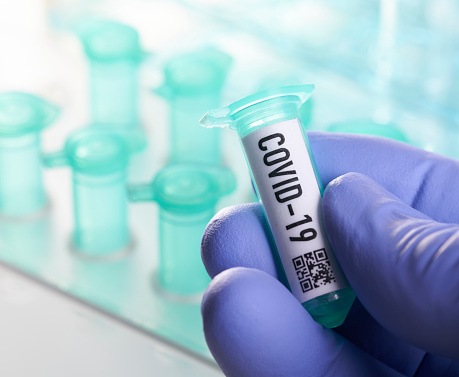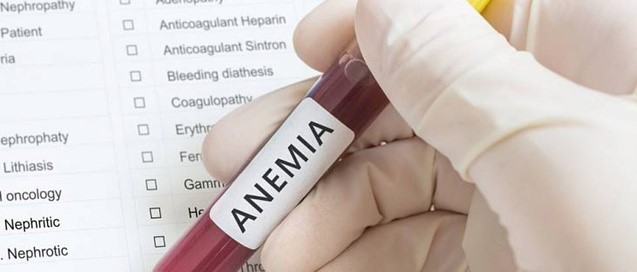
Patients with coronavirus disease 2019 (COVID-19) may develop acute kidney disease (AKI). The United Kingdom National Institute for Health and Care Excellence (NICE) developed guidelines for the management of AKI in patients with COVID-19. Thomas Phillips, PhD, and colleagues at the University Hospital Southampton NHS Foundation Trust conducted an analysis to examine the local patient-level COVID-19 Hospitalisation in England Surveillance System database to identify potential risk factors for AKI versus the guidelines. Results were reported during a virtual poster session at ASN Kidney Week 2020 in a poster titled COVID-19 AKI: Risk factors and Markers of Disease from a Large UK Cohort.
The analysis included data on 564 COVID-19-positive admissions between March 7, 2020, and May 24, 2020, at the University Hospital Southampton. Consistent with NICE guidance, RIFLE (risk, injury, failure, loss of kidney function, and end-stage kidney disease) and AKIN (Acute Kidney Injury Network) criteria were used to stage AKI. Data were analyzed using X2, t-test, Mann-Whitney U test, and logistic regression.
Of the 564 patients with COVID-19, 31% (n=177) developed AKI. At peak, 61% (n=108) had stage 1 chronic kidney disease, 24% (n=42) had stage 2 AKI, and 15% (n=27) had stage 3 AKI. There were no significant differences between the cohorts in White versus non-White race/ethnicity, sex, obesity, or anti-COVID-19 treatment. Of the patients in the AKI cohort, 44% died compared with 19% in the non-AKI group (P<.001). There were associations between AKI and admission to the intensive care unit (ICU), (27% vs 10%; P<.001), the need for noninvasive ventilation (13% vs 4%; P<.001), and the need for invasive ventilation (14% vs 4%; P<.001).
In the AKI group, compared with the non-AKI group, patients more commonly had a history of diabetes (18% vs 8%), hypertension (47% vs 34%), chronic respiratory disease (25% vs 15%), and chronic heart disease (25% vs 15%). There was an association between increased age and AKI (P=.02), as well as a positive correlation between length of stay and AKI stage (P<.001).
In patients in the AKI group, and increasing with AKI stage, peak levels of ferritin, D-dimer, C-reactive protein, high sensitivity troponin-I, neutrophil count, and total white count were all significantly raised compared with the non-AKI group. In multivariable analysis of first clinical observations, the most significant predictors of AKI were neutrophil count, hemoglobin, D-dimer, and albumin: specificity 88.7%, sensitivity 43.6%.
In conclusion, the researchers said, “AKI is a frequent complication of COVID-19, and we identified similar risk factors to those in the NICE guidelines. In addition, we found hypertension and chronic respiratory disease to increase risk of AKI whilst ethnicity, gender, obesity, and COVID-19 treatments did not. Furthermore, AKI was associated with increased mortality, ICU admissions, and length of stay, concordant with previous studies. These data also point to several biomarkers as possible predictors of AKI development and severity. Further analysis of the data is ongoing.”
Read more here: https://www.asn-online.org/education/kidneyweek/2020/program-abstract.aspx?controlId=3445313
Source: Phillips T, Leggatt G, Stammers M, et al. COVID-19 AKI: Risk factors and markers of disease from a large UK cohort. Abstract of a poster presented at the American Society of Nephrology virtual Kidney Week 2020 (PO0666), October 22, 2020.






 © 2025 Mashup Media, LLC, a Formedics Property. All Rights Reserved.
© 2025 Mashup Media, LLC, a Formedics Property. All Rights Reserved.